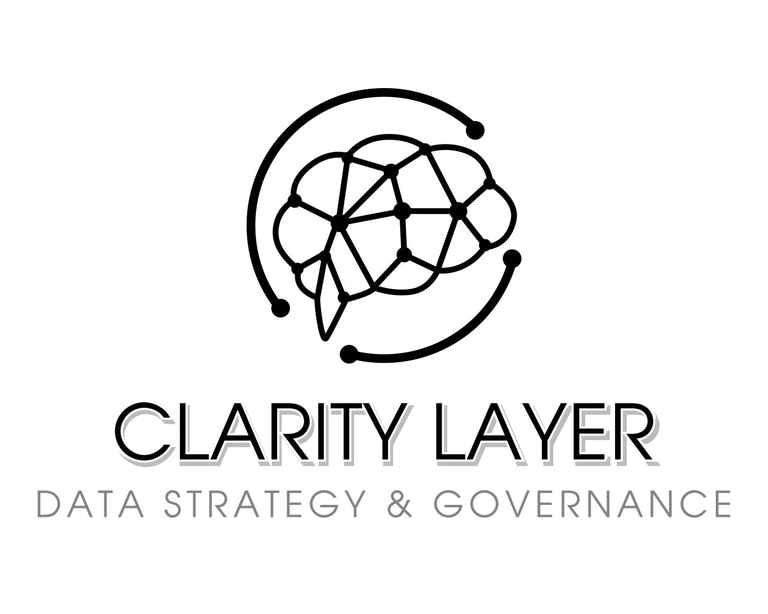Immortality, AI, and the Perception of Time in the Workplace
As AI accelerates the pace of change, careers are becoming denser and more eventful, stretching our professional lives in perception if not in years. Drawing on philosophy, science, and the Constant Lifespan Theory, this article explores how adaptability and reinvention are reshaping what it means to ‘live’ a career in the age of AI.”
Alexandra Popa
8/3/20252 min read


My post content
Premise 1: Time perception is about information, not years.
A recent article in the International Journal for Research in Applied Science and Engineering Technology proposed the Constant Lifespan Theory (CLT). It suggests that, across species, subjective lifespan is roughly the same — around 80 “human years” — no matter if you live hours, decades, or centuries. The theory posits that organisms accumulate a fixed number of internal physiological “ticks” over their lives. In mathematical form:
N = r × T = N₀
Where N is cumulative subjective moments, r is the species’ internal clock rate, and T is chronological lifespan. In other words: live fast, die young — or live slow, die old — but subjectively, life feels about the same length.
So, immortality can be understood in two ways:
A life of indefinite chronological length.
A life of normal length but packed with an unusually high density of meaningful events.
Premise 2: Work is speeding up.
In the past, a Java developer might have learned a new framework every few years and maybe 2–3 languages over a career. Today, the pace is unrecognizable. In just two years, we’ve gone from LLM-assisted coding, to “vibe coding,” to platforms like Lovable that let almost non-technical people build full apps with databases and ETLs. And now GPT-5-powered agents threaten to make even these redundant.
My own career shows the shift. In 15 years I’ve pivoted four times: from statistics → data analysis → data science → governance. That kind of reinvention used to be unusual. Now, it’s the new normal and likely to accelerate. We’re no longer just developing AI; AI and humans are now co-developing AI. In such an ecosystem, adaptability and the ability to pivot into niches not yet automated will determine who thrives.
Seen through the lens of CLT, this means our work lives will feel longer — not in years, but in perception. Each pivot adds density, stretching our sense of professional lifespan.
Premise 3: The Makropulos Case and the “bane” of immortality.
Bernard Williams, in his classic essay The Makropulos Case: Reflections on the Tedium of Immortality (1973), argued that endless life would be unbearable. The story follows EM, a woman who drinks a longevity elixir granting her 300 extra years. Over time, she loses loved ones, tries everything, exhausts all novelty, and becomes numb. When given the chance to renew the elixir, she refuses, concluding that life only has meaning because it ends. Popular culture echoes this idea — in The Good Place, even paradise becomes unbearable without an exit.
But here’s the twist: our world is no longer static. In 1963, Thomas Kuhn described paradigm shifts in science — long stretches of “normal science” punctuated by revolutions (think Einstein, DNA, heliocentrism). Nassim Taleb later expanded this to society as a whole with his “black swan” events. These used to happen every century or so. Now, they come every decade — or faster.
Which means: immortality today might not be boring at all. If the world reinvents itself every 10 years, then no matter how long we live, or how dense our work lives feel, there will always be something new to explore.
Conclusion
We are, professionally at least, in our own Makropulos case. We can choose to adapt — embracing constant change, extending our careers far beyond what used to be imaginable — or we can step aside. Both are valid. Not every profession is swept up in the AI tide. But the only wrong choice is not to reflect at all. As Socrates said: “The unexamined life is not worth living.”
